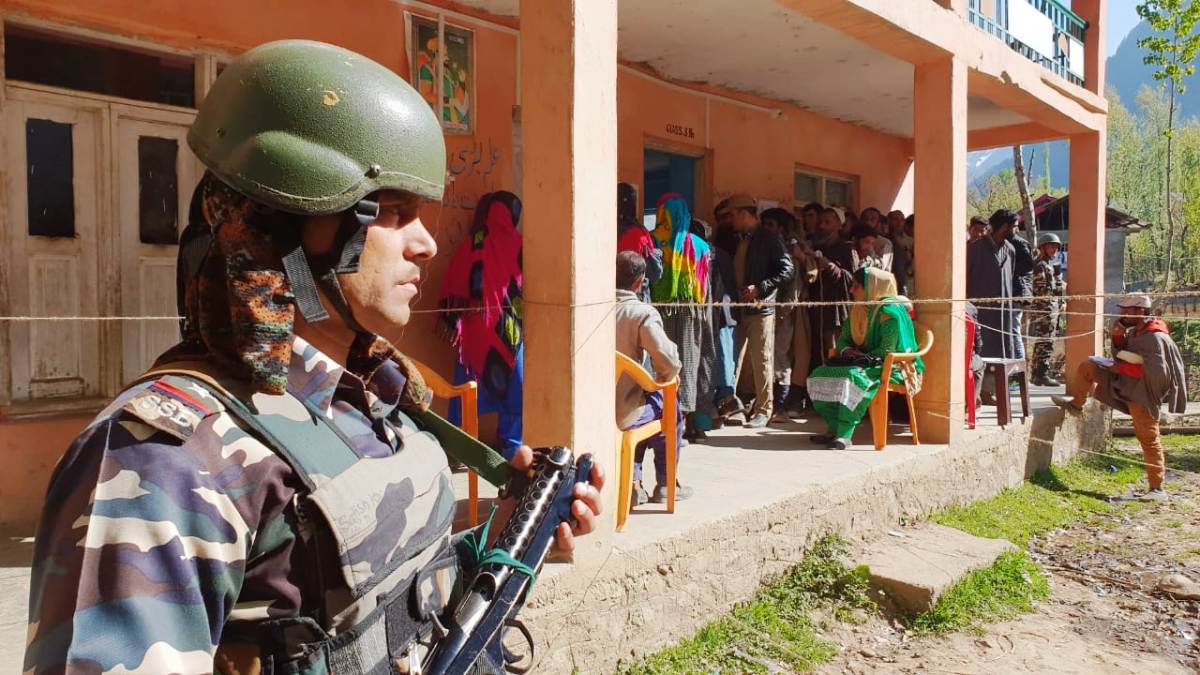KL News Network
Srinagar
Kashmir Economic Alliance – an amalgam of traders, hoteliers and transporters, said the introduction of the SARFAESI Act Act will harshly act against the business fraternity of Kashmir, which according to them were already facing a number of problems.

“If the Act is passed in the state, it will pave way for the non-state subjects to take over and own the properties in the state,” Chairman KEA Muhammad Yasin Khan said, adding that “that way it would be a direct infringement of constitutional safeguards guaranteed to the citizens of Jammu and Kashmir.”
Khan said: “The SARFAESI Act is not presently in force in Jammu and Kashmir due to the special status the state enjoys by virtue of Article 370,” he said adding that if the government went ahead with this Act “we will launch strong agitation and come on roads.”
Pertinently, Division Bench of the J&K High Court had struck down the applicability of Securitization and Reconstruction of Assets [SARFEASI] Act of 2002 within the territories of the J&K State. In a landmark decision the Hon’ble High Court had ruled that the Union Parliament’s right to legislate on matters pertaining to the State of Jammu and Kashmir was circumscribed by constitutional limitations and procedures.
Upholding the supremacy of the State Constitution and the State Laws, the Division Bench has held that Section 13(4) of the SARFAESI Act was not consistent with the State Laws on immovable properties held by State Subjects. It accordingly disposed of a number of writ petitions challenging the Constitutional validity of the SARFAESI Act within the territories of J&K restraining the banks and financial institutions from proceeding against such loan defaulters under the SARFAESI Act, however, allowing the State to proceed against them under other laws in force in the State.
The Division Bench had also held that the amendment in the Security Interest Rules 2002 was inconsequential so long as the ultra vires nature of Section 13(4) remained. This was because of supremacy of the provision of the Act over that of the Rules.















